Top 18 Skills that Sales Representatives Should Have
Casey O'Connor
There are many skills that make a salesperson great at what they do. The exact skills and attributes that will take someone far in a sales career will generally depend on that person’s specific role, the overall market in which they sell, and the buyers they target.
In reality, the best sales teams are made up of many different professionals, each with a variety of skills, talents, and professional traits.
With that being said, though, there are a handful of traits and skills that are universally beneficial for just about any sales rep. In this article, we’ll go over the most important sales representative skills to master and how to leverage them to move up the ranks in your sales career.
Here’s what we’ll cover:
- Why Sales Representatives Should Develop These Skills
- Soft Skills for Sales Representatives
- Technical Skills That Will Help Sales Reps Succeed
- The Best Skills to Have to Advance Your Sales Career
- Tools That Can Help Sales Reps Secure More Deals
Why Sales Representatives Should Develop These Skills
One of the things that makes a career in sales so enticing is that there are very few minimum education or experience requirements; just about anyone can break into the field, even if it might mean taking an entry-level position to get started.
Effective and successful salespeople come from all walks of life, and bring with them a wide variety of skills and talents. And almost all of them started from the bottom and worked their way up.
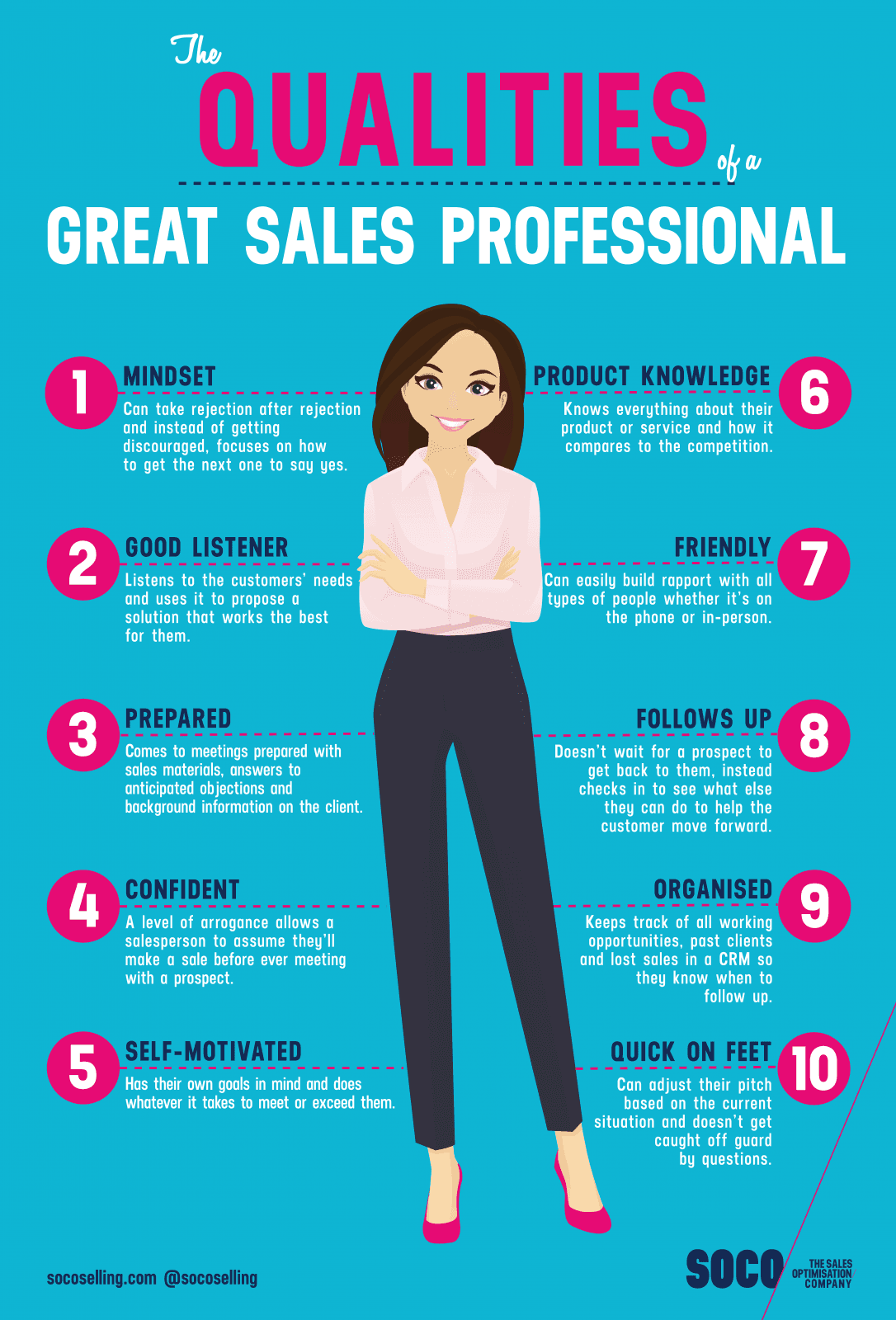
In other words, there are very few people, if any, who would be automatically precluded from a career in sales — as long as they’re willing to invest time and energy into developing the right skills.
For sales reps who understand this aspect of the career, the payoff can be enormous. All it truly takes to succeed in sales is desire, motivation, and persistent practice of a specific set of skills.
Sales reps who are willing to invest into this practice will undoubtedly enjoy the following three benefits:
1. Level Up Your Resume
Most hiring managers can easily read through the lines of just about any sales resume. Even if you’ve had the privilege of attending the most elite training programs available, some knowledge isn’t accessed through books or workshops.
Taking time to develop some of the soft and technical skills we’re about to outline will often readily translate into your resume and give you a leg up in your next job search.
2. Improve Customer Relationships
The most important sales skills are the ones that directly or indirectly help you build trust with customers.
You would be surprised by how many seemingly non-customer-facing skills actually go a long way in contributing to the rapport you build with your prospects. Even technical skills, like CRM operation, can make an impact in your relationships.
3. Increase Your Quota & Revenue Numbers
There’s nothing like tangible data to help you see how your efforts are paying off. The truth is, no matter how many great customer relationships you build, your work as a sales professional will ultimately be judged by how much you contribute to your company’s bottom line. The skills we’ll talk about next will help you deliver.
Soft Skills for Sales Representatives
Soft skills — that is, skills that are somewhat intangible and potentially difficult to measure and track — make up a large component of what makes a salesperson successful.
Soft selling skills are usually learned and honed through exposure and repeated practice over time (versus hard skills, which are typically taught through explicit training or workshops).
The following list of soft skills are important for salespeople to master, regardless of their industry or target market.
Communication
Effective communication skills across platforms (email, cold calling, LinkedIn messaging, etc.) is one of the most important skills a salesperson can have.
Not only do salespeople need to have excellent interpersonal skills, they also need to be able to translate them into all kinds of communication.
Active Listening
Active listening is one way to show potential customers that you care about solving their problems.  Active listening skills fall somewhere between “soft” and “technical” — they can be both explicitly taught and measured, and also practiced through exposure over time. Tune into some of the ways you adhere to the tips outlined above the next time you’re in a sales conversation, and see if you can work on improving one or two of them.
Active listening skills fall somewhere between “soft” and “technical” — they can be both explicitly taught and measured, and also practiced through exposure over time. Tune into some of the ways you adhere to the tips outlined above the next time you’re in a sales conversation, and see if you can work on improving one or two of them.
Asking Questions
When it comes to prospecting, not all questions are created equal. You’ll never get to the bottom of what your customer needs if you don’t learn to ask effective open-ended sales questions.
The difference between open and closed questions:  This can take some practice and re-framing, but it will help you dig deeper into your prospective customers’ pain points and, ultimately, make more new sales.
This can take some practice and re-framing, but it will help you dig deeper into your prospective customers’ pain points and, ultimately, make more new sales.
Storytelling
Sales is all about making connections. One surefire way to do that is through storytelling.
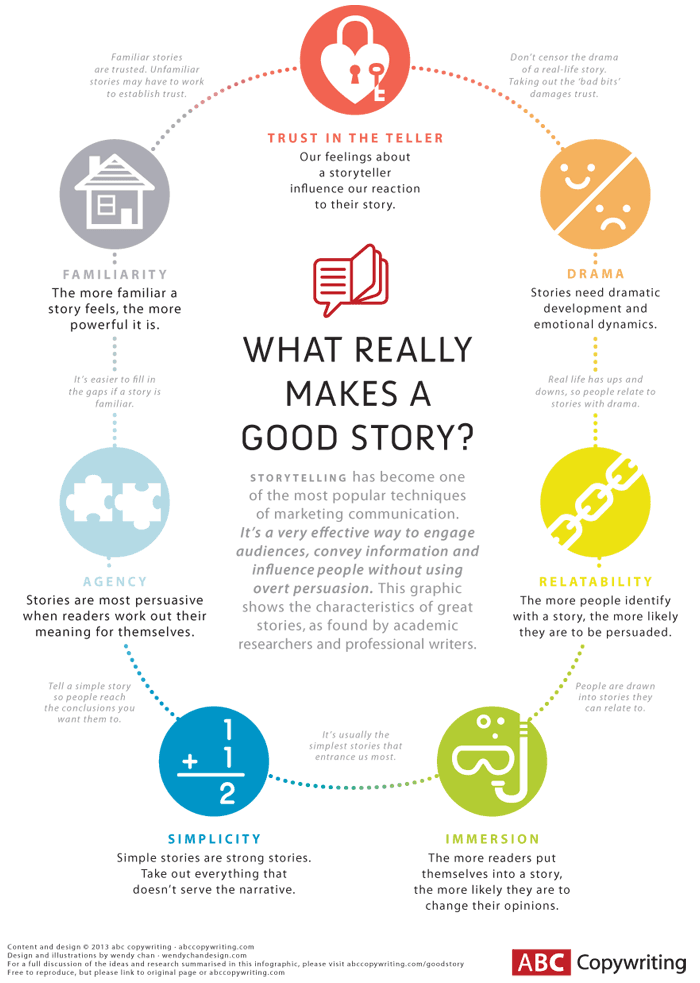
Storytelling engages logic and emotion, both of which are necessary for a buyer to feel comfortable moving forward with a purchase.
Time Management
Sales reps these days are being asked to do more and more work — much of which is not directly related to revenue-generating activities. In fact, only 36% of a salesperson’s time is now being spent on selling activities.

That’s why time management is one of the most important skills for a salesperson, and one that will come in handy throughout all stages of the sales process.
Teamwork
Sales is very much a team sport. Very few top sales organizations can meet their sales goals without sales team collaboration and contributions from all team members.
The willingness and ability to collaborate with others in your organization is one of the most important skills you’ll need as a sales rep.
Persuasiveness
There is a fine but important line between persuasiveness and pushiness, and too many sales opportunities are lost by reps who don’t understand the difference.
Take a look at some of the persuasion techniques outlined below — these each attempt to connect with the buyer, rather than force or guilt them into pulling the trigger.
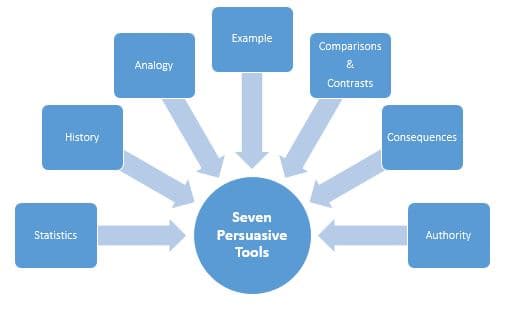
One way to improve this particular skill set is to study other successful reps at your company; watch specifically the way they respond to customer objections. These reps sell products because they know how to persuade, rather than push.
Technical Skills That Will Help Sales Reps Succeed
The next set of sales representative skills fall more on the technical side. Chances are high that you’ll find opportunities to learn explicit skills around these topics, if you seek them out.
Business & Financial Basics
You may or may not need a bachelor’s degree to get hired for a sales job, but any good sales rep should have a basic but solid understanding of business and finance.
Everything from product pricing to the technology your salesforce uses plays a role in how your organization runs, so it’s important for sales reps to know how each piece fits into the larger context of helping the company grow.
Social Selling
Social selling is one of the most popular and lucrative sales strategies used by today’s sales reps.
The fundamental elements include:
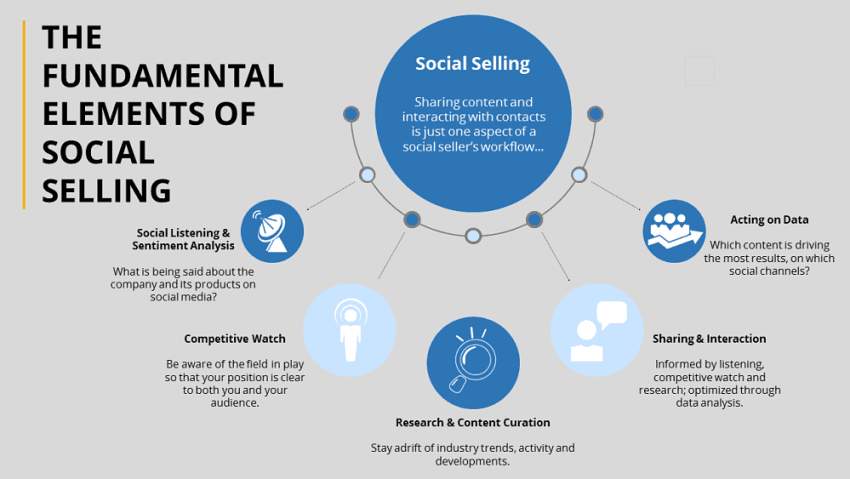
There is no getting around social media in sales anymore; you will be expected to have, at the bare minimum, a basic understanding of how the most popular platforms work (Twitter, LinkedIn, and Facebook), and how to leverage them to sell new products.
Tip: 40 ways to use LinkedIn for sales.
Presentation Skills
Given the huge disparity between time spent on selling activities versus non-selling ones (outlined in the pie graph above), it’s critically important that sales reps maximize their selling activities.
Sharpening the skills related to sales presentations — everything from Powerpoint design (hint: there are templates to help with this!) to public speaking — will go a long way in optimizing the little time available to do this important work.
Negotiation
Before you sit down to any sales negotiation, it’s important that you understand the pricing tiers of your product.
Beyond that, though, you’ll also want to have a deep understanding of how your pricing offers stack up against your value offering. Learning to negotiate based on value is one of the most important sales representative skills to add to your tool belt.
Buyer Research
One of the best and most proactive ways to ensure customer satisfaction is effective customer research.
It’s critically important that your sales team knows how to use the technology and tools available to them to learn everything they can about how to meet buyer’s needs. The more you know about your customers upfront, the better you can serve them throughout the pipeline and after the close.
Product Knowledge
Product knowledge is a pretty standard part of the sales representative job description, but it’s worth mentioning anyway. It is absolutely imperative that you know your product inside and out. Even the best-fit deal has the potential to be crushed by a rep who fumbles around the features and benefits.
CRM
A lot of salespeople have some innate resistance to their CRM, but the bad reputation is undeserved (for the most part).
With effective training and practice around how to get the most out of your CRM, it can be a huge time and effort saver for your salesforce. Know the ins and outs of your CRM software, and how to use it to your advantage.
The Best Skills to Have to Advance Your Sales Career
Last but not least, there are a few general skills and traits that will help any sales rep, regardless of experience, leverage new and better positions and salaries.
Growth Mindset
The best sales representatives are the ones who aren’t afraid to grow through mistakes. Adopting a growth mindset can make the difference between an average salesperson and a phenomenal one.
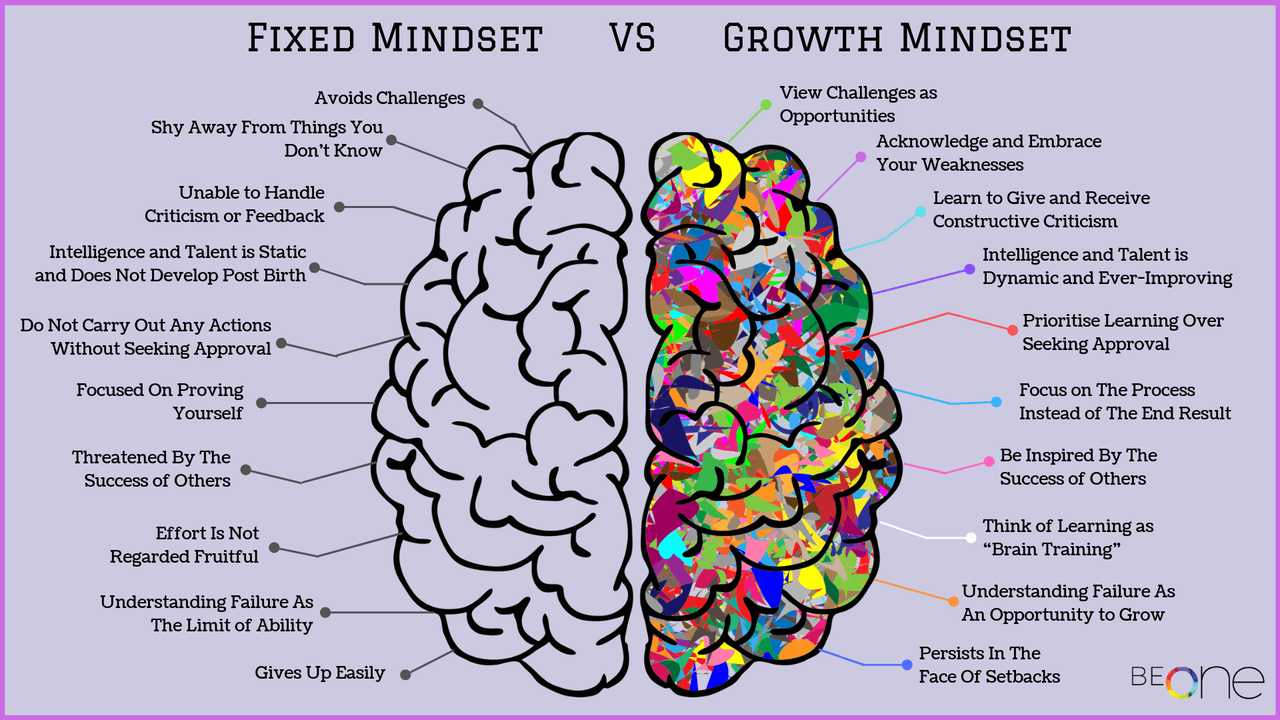
People with a growth sales mindset look at mistakes, shortcomings, and even failures as opportunities to learn, which is a tremendous asset in today’s rapidly evolving sales landscape.
Self-Starter
Another attribute of superstar sellers? The ability to self-motivate and initiate tasks and growth opportunities on their own. Rarely will sales opportunities fall into a salesperson’s lap, so it’s important that those in the profession can create them for themselves.
Goal-Oriented
Despite what some people may believe, effective selling is not based on luck. It’s a craft that can be honed and refined over time, and should amount to a repeatable, scalable process.
The best salespeople know this inherently, and set intentional goals to make the process work for them. Highly effective salespeople use the SMART goal framework to push through challenges and drive their success. 
Empathetic
Perhaps the most overlooked aspect of an effective salesperson is the ability to practice and demonstrate empathy. No matter how well you know your product, company, or industry, next to none of it will transfer if you don’t learn how to connect on a deeper level with your prospects.
Good sales reps sell products; great sales reps sell to people. They do this through empathy.

Tools That Can Help Sales Reps Secure More Deals
Sales representative skills can be heightened and improved with the right technology in place. The following three tools are just a small sample of the many available to salespeople today.
Regardless of the tools your team uses, it’s important that you’re well-versed in their functionality and intention within your team. If you’re unclear on this, speak with your sales manager, sales operations team, or sales enablement team; they will be able to guide you through appropriate usage.
LinkedIn Sales Navigator
With over 500 million registered users, LinkedIn is the world’s largest professional social network.

The platform’s sales tool is called Sales Navigator, and helps salespeople find leads and structure their workflow. It helps salespeople target the right buyers, understand key insights, and engage with personalized outreach.
Yesware
Yesware’s all-in-one sales toolkit is the one inbox tool you need for sales engagement. With features like Email Templates, Campaigns, Meeting Scheduler, Tracking, and more, you can win more deals with less effort.
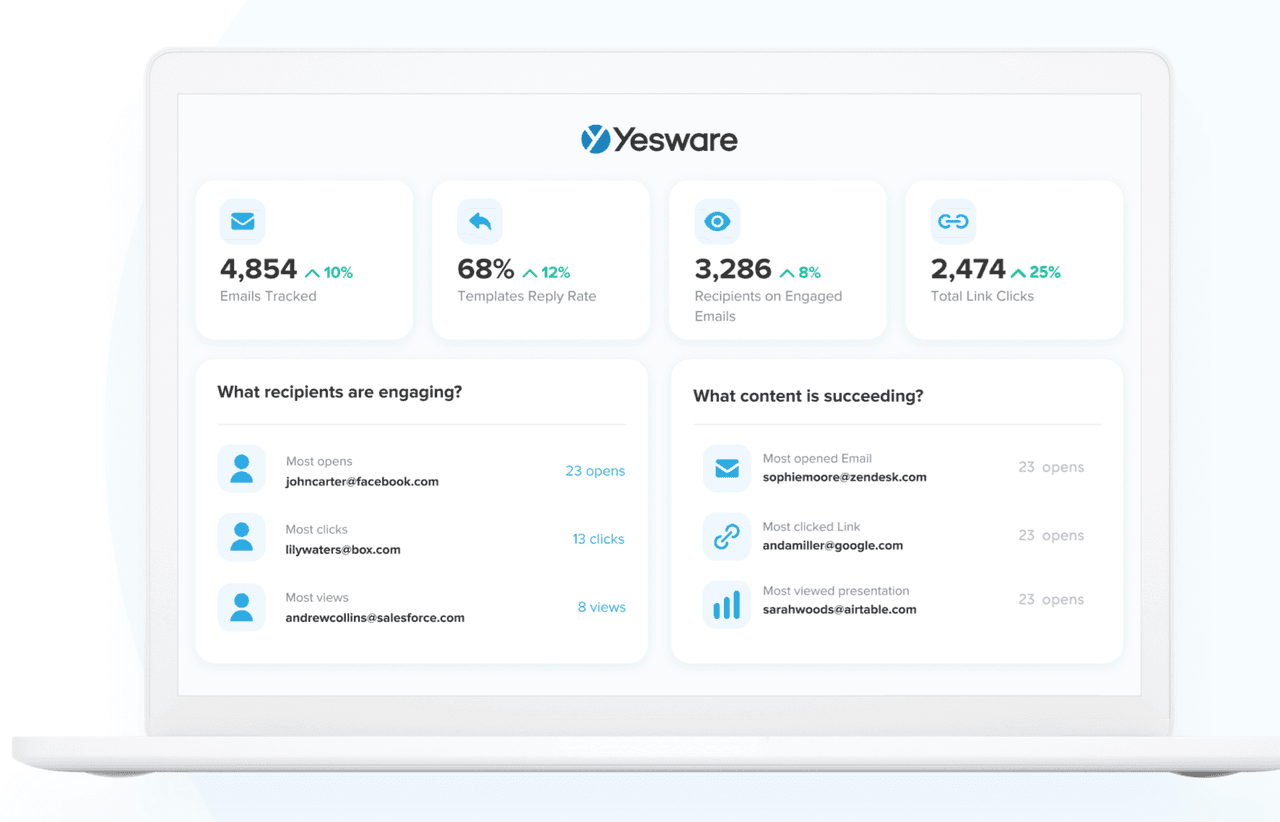
Our Prospecting Campaign tool combines automation and personalization for a streamlined, customized touch — no matter who your audience is.
Slack
Slack, which was recently acquired by sales giant Salesforce, is a fantastic tool for teams that need to collaborate efficiently.
 Slack’s communication platform will help your team stay on the same page and make decisions faster by bringing all of your work communication into one place.
Slack’s communication platform will help your team stay on the same page and make decisions faster by bringing all of your work communication into one place.
Get sales tips and strategies delivered straight to your inbox.
Yesware will help you generate more sales right from your inbox. Try our Outlook add-on or Gmail Chrome extension for free, forever!
Related Articles
Casey O'Connor
Casey O'Connor
Casey O'Connor
Sales, deal management, and communication tips for your inbox

